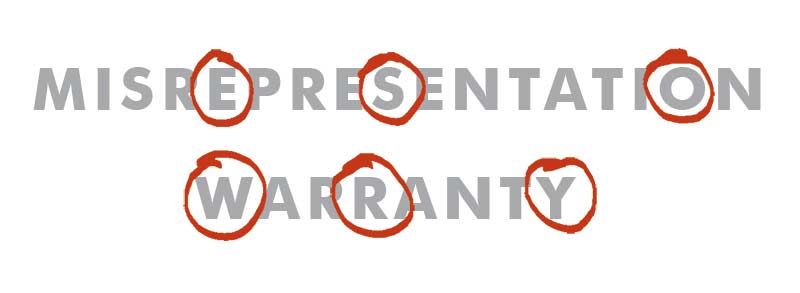
Michael Twomey examines the courts’ approach to warranties & representations in share purchase agreements
Before signing a share purchase agreement (SPA), the parties negotiate warranties to be given by the seller. Drafts are exchanged. The SPA is signed. The buyer alleges that a warranty is incorrect. He can sue for breach of warranty. But can he sue for misrepresentation? The point’s significance was recently highlighted where a warranty damages claim, according to the judge, was worth about £6m, whereas misrepresentation claim damages were stated to be in the region of £17m.
A misrepresentation is a false statement of fact that induces the representee to enter a contract. A warranty is a contractual statement of fact made by the warrantor to the warrantee. So presumably a warranty could amount to a representation. Indeed, this logic found favour with Arnold J in Invertec Ltd v De Mol Holding BV [2009] EWHC 2471 (Ch): “363. Secondly and more fundamentally, the warranties in question also amount to representations of fact as to the state of Volente…The warranties





.tmb-mov69x69.jpg?sfvrsn=961ae4db_1)
95ca96e3d47f4eff8d147c4f0df17c77.tmb-mov69x69.png?sfvrsn=3db5d86b_1)

